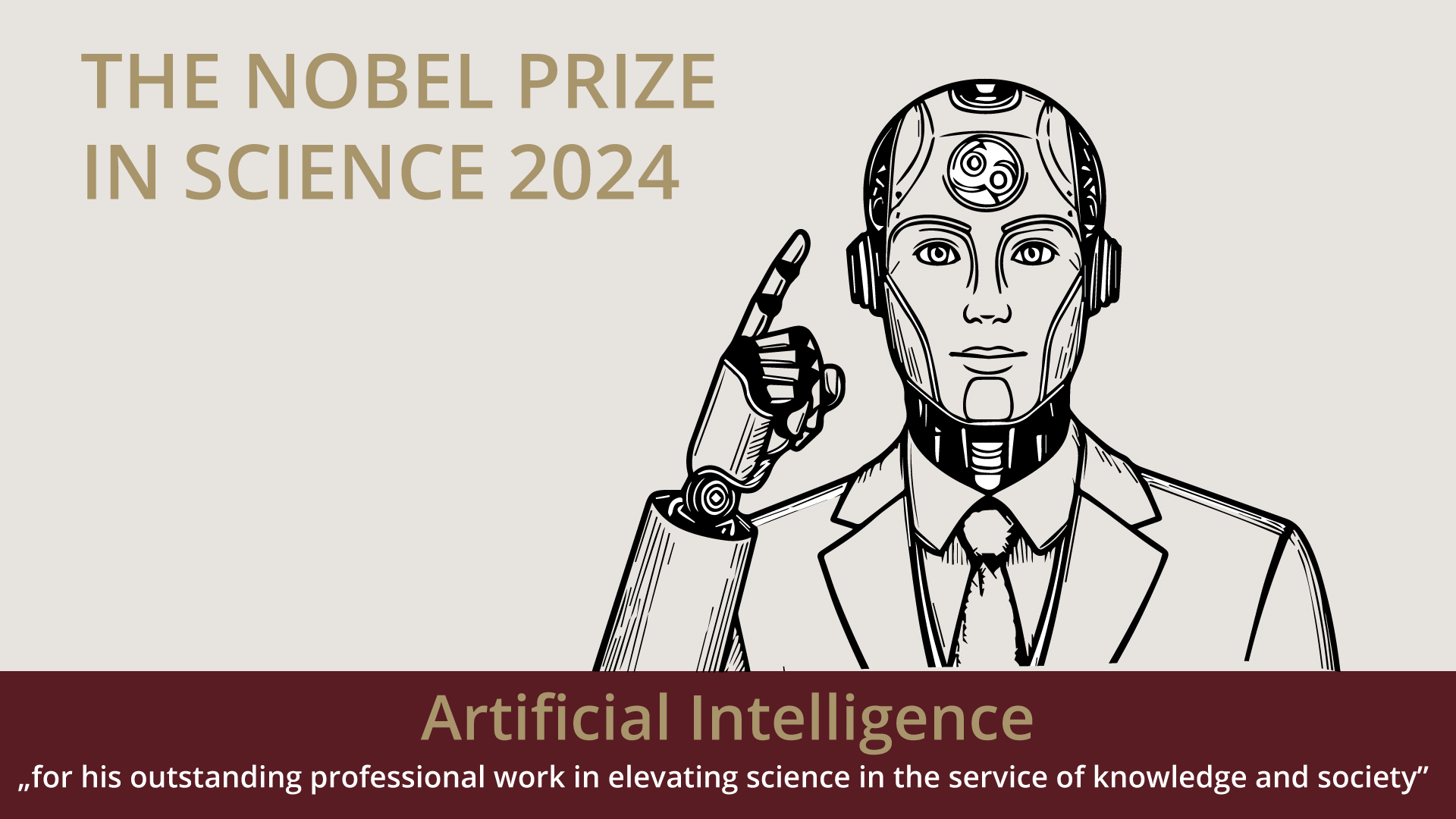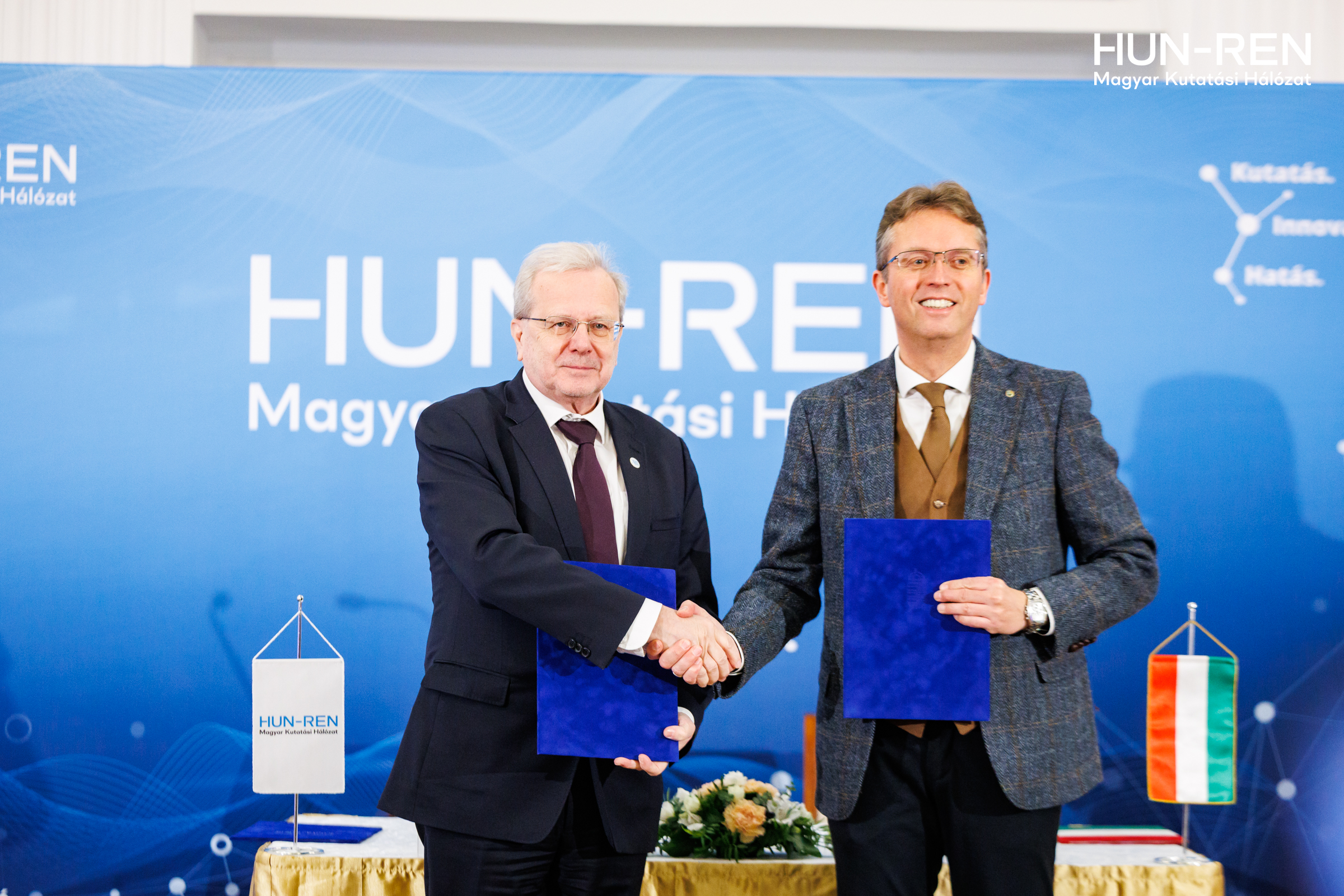And the 2024 Nobel Prize Goes to AI
This time of year is eagerly anticipated by science enthusiasts, as the Nobel Prize winners in various fields are announced. This year, there was also much speculation about which Nobel Prize would be associated with AI—or, rather, which would not.

Role of AI in the researches awarded Nobel Prize in 2024
Almost every week, HUN-REN publishes news about how researchers are using AI. For some, it assists with plant breeding; for others, it counts newly discovered asteroids with incredible precision or helps in cancer research by identifying diseased cells. At the end of the day, researchers don't say that AI has reduced their workload or taken anything away from them. Instead, they highlight how much more and better work has been accomplished.
Of course, as with everything, there are two sides to AI. Alongside its many benefits, we must not forget that it can only be truly valuable in the hands of skilled and, perhaps most importantly, well-intentioned people. Therefore, while encouraging its use, it is equally important to properly regulate the operation and application of AI, as well as to ensure safe conditions for its development. Only in this way can AI become a tool that serves humanity.
This year, the Nobel Prize in Physics was awarded to pioneers in AI research, while the Chemistry laureates used their AI model to calculate the structure of all human proteins and to predict the structures of virtually all of the nearly 200 million proteins identified by researchers to date. Perhaps the Nobel Prize in Literature remains one area where AI cannot be involved in the creative process (although it can certainly assist with tasks such as editing and taking notes), but it wouldn't be surprising to see AI play a role in the Nobel Prize in Economics on Monday.
However, are our researchers likely to win a Nobel Prize in the future? We certainly hope so. In any case, this remarkable tool is already in their hands, alongside their telescopes and microscopes. From October, the HUN-REN AI 4 Science programme will help them find the right applications, software, and tools to build on their world-class expertise and aim even higher.
(Commentary by Roland Jakab, CEO of HUN-REN)

